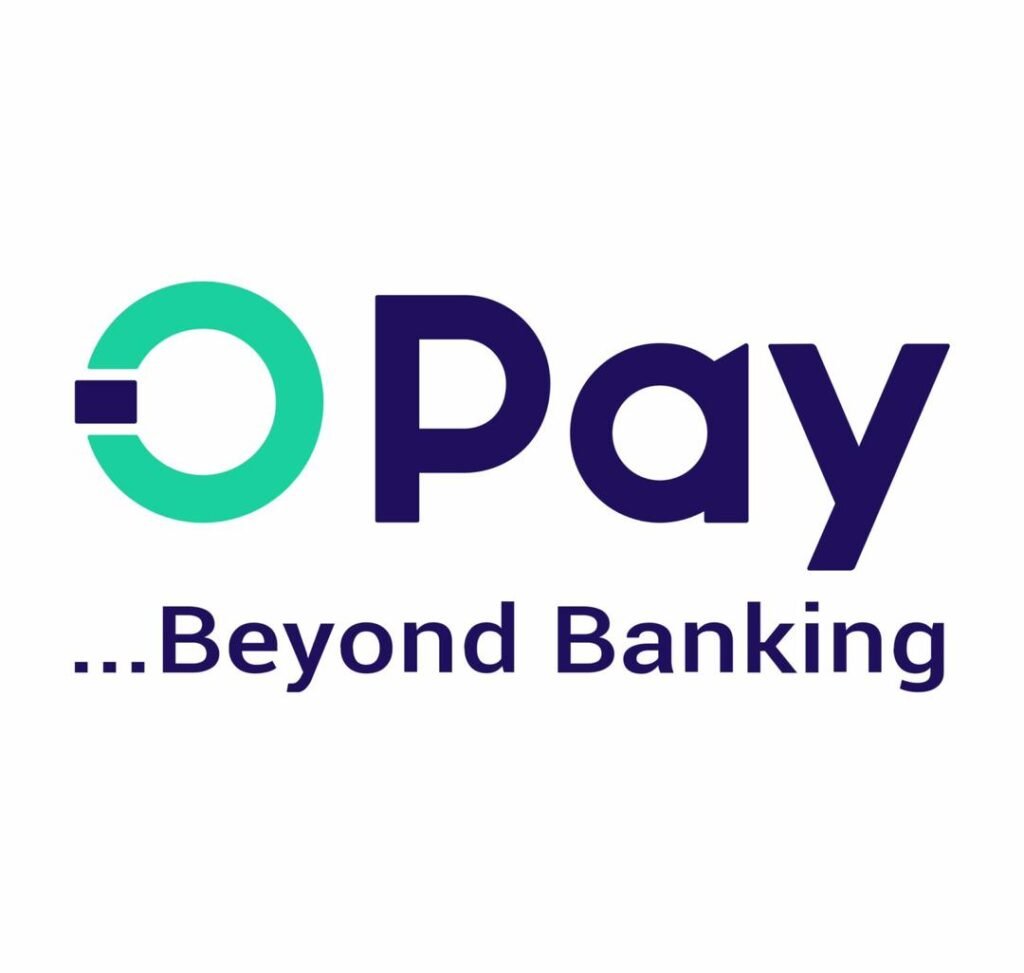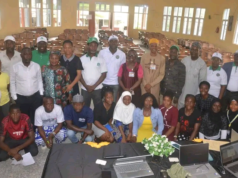In a significant move to empower young Nigerians and deepen its social impact, OPay has launched a landmark scholarship scheme totalling ₦1.2 billion over ten years. The fintech company formalised this initiative with the signing of Memoranda of Understanding (MoUs) with 20 tertiary institutions across Nigeria, underlining education as a key pillar in its corporate social responsibility strategy.
At the recent “Empowering Futures 2025” conference held in Lagos, OPay’s executives announced that in the first year alone the initiative disbursed ₦126 million to 420 students across the partner institutions – each award covering approximately ₦300,000. Looking ahead, the company said it plans to invest about ₦120 million annually, benefiting roughly 400 students each year for the next decade.

Why This Scheme Matters
When a fintech company like OPay steps into education in such a bold way, the implications are multifaceted. First, it recognises that financial technology alone is not enough; human capital — the students, the future developers, engineers, and entrepreneurs — are essential to long-term innovation and inclusive growth.
From a student perspective, the scholarship offers relief from the recurring challenges of tuition payment, especially for those from less privileged backgrounds. For many families in Nigeria, university education remains a financial hurdle. As one beneficiary put it:
“Paying school fees was becoming impossible… thanks to OPay, I can now continue my studies.”
Such testimony underscores that the scheme isn’t merely symbolic, but life-changing.
Moreover, by partnering with 20 institutions — including both universities and polytechnics — OPay is casting a wide net across the nation, indicating a commitment to spread impact rather than concentrate in one region. The inclusion of technology-driven elements, such as planned cyber-labs and digital skills training, demonstrates alignment with the realities of the modern labour market and Nigeria’s digital economy aspirations.
Finally, from a corporate angle, the initiative bolsters OPay’s credentials in social value creation and positions it among Nigerian businesses that are taking long-term educational investment seriously. For a fintech operating in a competitive ecosystem, this strategic CSR act helps reinforce brand trust and loyalty.
How the Scheme Works and What It Covers
Here’s a breakdown of the operational mechanics and features of the scholarship scheme:
- Ten-year horizon: The ₦1.2 billion commitment runs over ten years, effectively earmarking roughly ₦120 million per year.
- Institutional reach: 20 tertiary institutions have been selected as partners. These include major universities such as Ahmadu Bello University (Zaria), University of Nigeria, Nsukka (UNN), University of Ibadan (UI) and others.
- Beneficiaries: In its first year, 420 students received scholarships of ₦300,000 each. The expectation is that about 400 students will benefit each year.
- Eligibility & focus: The scheme targets undergraduate students in public tertiary institutions, blending academic merit with financial need.
- Complementary initiatives: Beyond bursaries, OPay is also investing in infrastructure such as cyber-labs, hands-on digital skills training, and potentially graduate employment pathways.
- Strategic intent: OPay explicitly links the scholarship to its broader mission of financial inclusion through technology and building human capacity.

The Bigger Picture: Implications for Nigerian Higher Education
For Nigeria’s higher-education landscape, the timing and scale of this scheme carry meaningful weight. Here are some of the broader implications:
- Addressing tuition / access barriers: Many promising students drop out or defer because of fees. A decade-long scholarship programme helps reduce that risk.
- Stimulating digital and human-capital development: As Nigeria seeks to deepen its role in Africa’s digital economy, equipping youth with relevant skills becomes imperative. OPay’s tie-in with cyber-labs signals growing alignment between fintech and education.
- Private-sector engagement in education: While government funding remains central, private actors stepping in with long-term commitments provide much-needed reinforcement. Such collaboration can help relieve systemic pressure.
- Regional and institutional diversity: By selecting institutions across multiple states, including universities and polytechnics, the scheme avoids concentrating benefits in one zone — supporting more equitable access.
- Visibility of CSR in fintech: The move reinforces an evolving narrative: fintech companies aren’t just about transactions but can be civic actors. That may encourage peer firms to replicate bold social investments.
Looking Ahead: What to Watch
While the scheme is off to a strong start, several factors will determine how lasting and impactful it becomes:
- Sustained disbursement and scale-up: Will the annual ₦120 million target and roughly 400 students per year be maintained? Continuity is key for credibility.
- Monitoring of student outcomes: It’s one thing to award the scholarships; another to track how recipients perform academically and professionally. Transparency in outcomes will strengthen the programme’s effectiveness.
- Infrastructure delivery: The cyber-labs and digital-skills components must move beyond announcements to full implementation — otherwise the risk is that only the financial part gains traction.
- Broader ecosystem coordination: Partnerships with universities, government agencies and industry will amplify the scheme’s impact. How OPay navigates regulatory, institutional and academic oversight will matter.
- Expansion and replication: Over the ten-year horizon, the question will be whether more institutions or a wider cohort can be included, or whether this remains fixed at 20 institutions and ~400 students annually.
- Measuring long-term value: Ultimately, the success of the programme should be gauged by how many beneficiaries go on to contribute meaningfully in their fields, innovate, or become leaders. If the scheme becomes a talent pipeline, it will be a powerful win.

Conclusion
OPay’s N1.2 billion scholarship scheme is more than a headline figure — it represents a deliberate strategy to embed educational empowerment into its corporate DNA. By committing to partner with 20 institutions, funding hundreds of students annually, and linking the initiative to digital skills and infrastructure, OPay is signalling that it views youth education as fundamental to Nigeria’s future and its own mission.
For many students, the scholarship offers a lifeline to continue their studies with reduced financial burden. For society, it helps turn the machinery of financial technology toward human development. And for the fintech sector, it sets a benchmark of what sustained, large-scale CSR in education can look like.
If OPay can maintain its rhythm, track outcomes, and ensure that its complementary initiatives such as cyber-labs truly take root, this scheme could become a template for how private sector companies in Nigeria invest in education and national development. The next few years will show whether the promise translates into lasting impact — but for now, the first chapter is off to a strong start.
Join Our Social Media Channels:
WhatsApp: NaijaEyes
Facebook: NaijaEyes
Twitter: NaijaEyes
Instagram: NaijaEyes
TikTok: NaijaEyes





